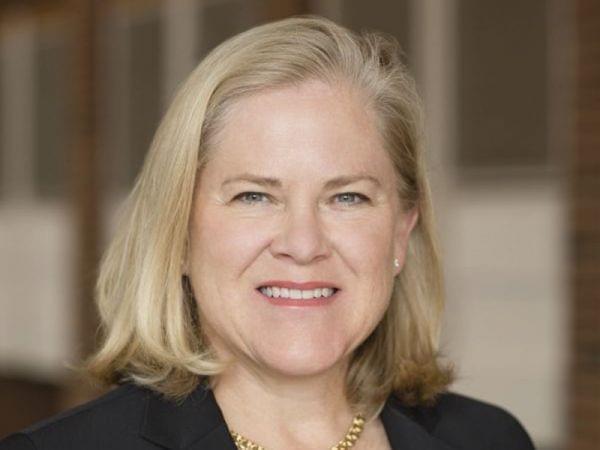Publicity, Venue and the Criminal Trial

Jennifer Pahre from the University of Illinois College of Law University of Illinois College of Law
The location of a criminal trial is a matter of importance for anyone who is involved in it. Most criminal trials are conducted in the jurisdiction where the crime was committed, because that is the proper venue-- the place where a case may legally be heard. And that court location is usually also practical, as crimes most often occur when the victims of crimes are going about their normal lives. Rarely, courts decide to move the venue, and shift a case away from where the crime occurred. This can be done for a variety of reasons, including resource management, the needs of the court, witness convenience, and the interests of justice.
Perhaps the leading Illinois state court case covering venue change in criminal trials is People v. Sheley. This notorious 2014 case arose from multiple homicides and vehicle thefts committed by Nicholas Sheley during a week-long crime spree that ranged from northern Illinois to Missouri. Sheley was finally apprehended in Granite City, and was arraigned in Knox County, Illinois.The case against Sheley received understandable publicity. Hundreds of news reports and articles saturated the local community. So, Sheley’s attorneys moved for a change of trial venue, arguing that the Knox County jury pool had been so tainted by the news coverage that a fair trial was impossible.
But the trial court said that the only way to see if a jury would be impartial would be to impanel one, and then ask the jurors about their opinions. This was done, and after six days of careful questioning, a jury was found. The jurors had varying knowledge about the case, but they all said that they had not formed an opinion as to guilt, and would judge the case based only upon the evidence presented. The case proceeded to trial, Sheley was convicted on all counts, and sentenced to life in prison. Sheley’s attorneys then filed an appeal on the question of whether he was denied a fair trial. The Court of Appeals found that the trial court’s extensive questioning of the jurors had resulted in an unbiased jury. So, the guilty verdict remained in place, and Sheley remained in prison.
The United States Supreme Court ruled in Murphy v. Florida that a sufficiently thorough jury selection process can ensure that the right to a fair trial is not violated. But in another case, Sheppard v. Maxwell, the Supreme Court said:
“…trial courts must take strong measures.... [W]here there is a reasonable likelihood that prejudicial news prior to trial will prevent a fair trial, the judge should continue the case until the threat abates, or transfer it to another county not so permeated with publicity.”
In cases with a great deal of pretrial publicity, there is a risk of reversal on appeal due to a biased jury. This finding requires a new trial. The only way to entirely eliminate this particular risk is to change the trial venue. This can be a sensible option. Big criminal trials are very expensive, and have high administrative costs. Repeating them after a lengthy appellate process doubles the burden on the court, the members of public who serve as jurors, and also on any testifying victims or witnesses. Certainly, that is an undesirable outcome: one emotionally difficult trial is enough for any victim or witness to endure.
As Supreme Court Justice Benjamin Cardozo once said, “Justice, though due to the accused, is due to the accuser, also.” Changing the venue of a trial may be a good move in a big case to ensure a fair trial and to reduce the risk of a costly, burdensome and difficult retrial.

